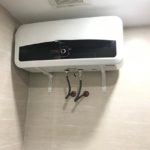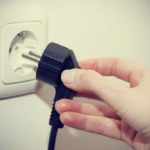Many believe that keeping an electric water heater on all day can be costly and reduce the appliance’s lifespan. To clarify this concern and learn about efficient usage, read on.
1 Should You Keep Your Water Heater On All Day?
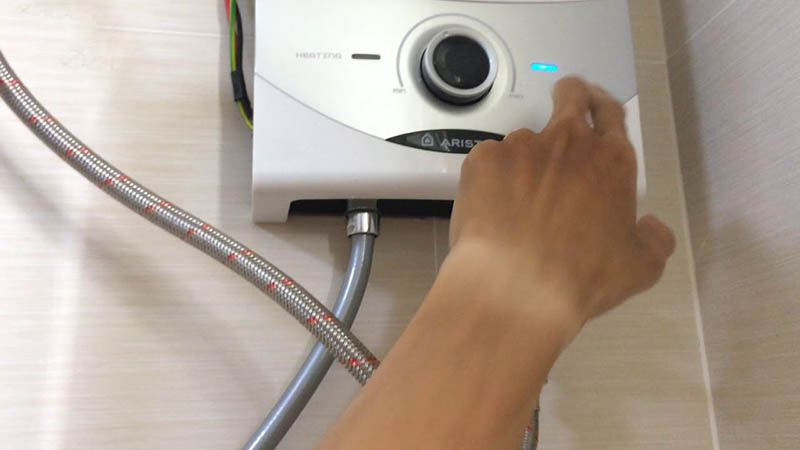 It’s best not to keep your water heater on all day.
It’s best not to keep your water heater on all day.
For electrical appliances in general, and water heaters in particular, it’s not advisable to keep them on all the time for the following reasons:
First, most water heaters have a relay that automatically turns off the heater once the water reaches the set temperature. However, hot water will eventually cool down, causing the relay to turn on again and reheat the water from scratch. This repeated cycle consumes a significant amount of electricity, leading to wastage.
Given this, turning on the heater about 15 minutes before use is sufficient. If you prefer to have hot water ready in the morning, consider turning on the heater for 15 minutes before bedtime and switching it off afterward.
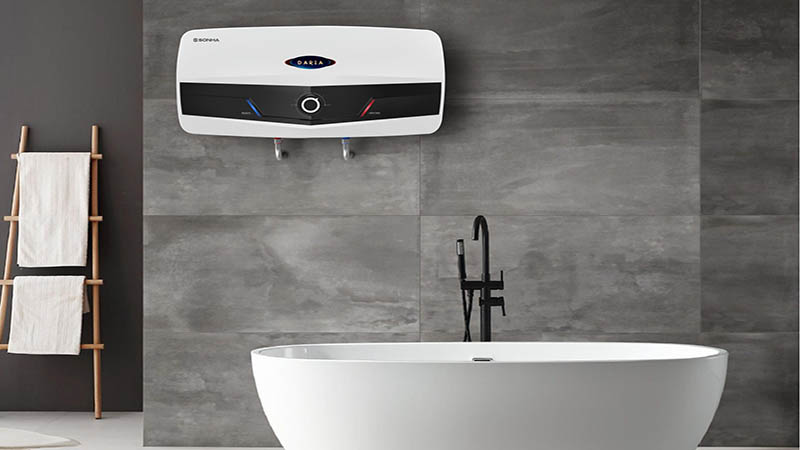 Turn on the heater about 15 minutes before use.
Turn on the heater about 15 minutes before use.
Secondly, keeping the heater on all day can wear out the wiring, as it has to work continuously. This is also a primary cause of electrical leaks in your water heater.
Additionally, constant operation reduces the lifespan of internal components such as the heating element and tank, leading to premature failure.
2 Tips for Efficient and Safe Use of Water Heaters
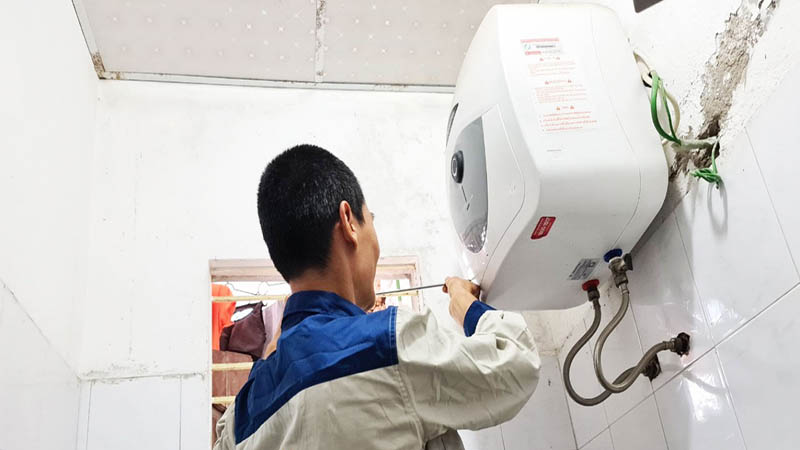 Regularly inspect and maintain your water heater.
Regularly inspect and maintain your water heater.
To prolong the lifespan of your water heater and ensure efficient and safe operation, keep the following in mind:
- Use a timer to automate the heating process and minimize the risk of electrical leaks.
- Install an earth wire and inspect it regularly to ensure your safety and that of your family.
- Combine your water heater with a low-flow showerhead to reduce water consumption without sacrificing comfort.
- Schedule regular maintenance and inspections to easily identify and address any issues with your water heater.
Note: If you require hot water quickly, consider using an instant water heater, which heats water on demand without a storage tank.
You can set the timer to turn on the heater before your usual shower time to save electricity.
We hope these insights on water heater usage and safety prove valuable. Following these tips will help you optimize energy efficiency and extend the lifespan of your appliance.
Effective and Safe Electricity Saving Tips that Not Everyone Knows
Efficient and proper electricity saving can contribute to reducing monthly electricity costs, especially during hot summer peak seasons. Below are some ways in which you can save electricity.




























